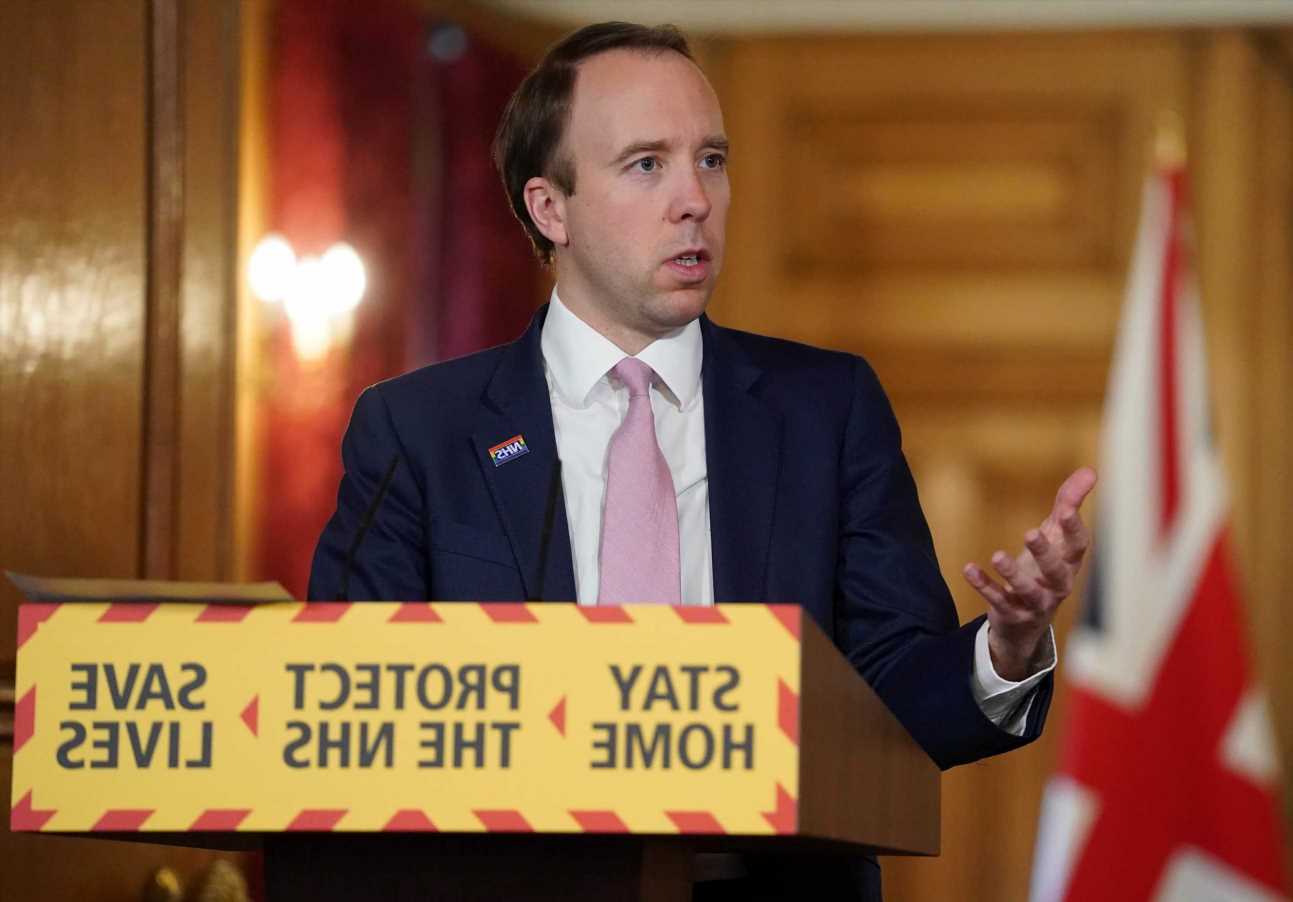Arriving at the office, I gave my biggest, brightest smile. But the man who was waiting for me barely glanced my way as he beckoned me to follow him.
‘We expected you to be a bit s**t, so didn’t actually arrange any work for you to do,’ he told me, as I scurried along behind him.
That was when my eyes were truly opened. Internships – meant to be a mutually beneficial arrangement that give new-starters valuable on-the-job experience and the companies an enthusiastic extra employee to complete various tasks that will add to their profits – all too often end up exploiting the intern.
While studying advertising design at the University of South Wales in Cardiff, I was told I needed to do as many internships as possible to land a job in my chosen field, as it was a hard industry to break into.
To clarify, an internship is a period of work experience, offered by an organisation, lasting for a fixed period of time anywhere between a week and 12 months. They are typically undertaken by students and graduates looking to gain relevant skills in a particular work sector.
Diligently, I scoured websites like Internswise and attended networking events my course organised. I even rang 40 different branding agencies in a single day to enquire about opportunities.
I ended up doing a whopping 14, some during term time, some in Christmas, Easter and summer breaks, for anything from two weeks to three months.
Of course, there were some good ones, which went as I’d hoped. Where they encouraged me to contribute in meetings, and considered my ideas. I’d have 1:1 mentorship meetings and they genuinely wanted to help me succeed in my future career.
Often only the wealthier people progress in their chosen careers
Many, however, were so exploitative they verged on slave labour. I had to do jobs no one else wanted to do, even if they weren’t anything to do with my role, or even totally irrelevant jobs in a completely different department.
During one internship, I was asked to work on a client brief and when they actually pitched my work to the client, they joked: ‘I guess we actually have to pay you now.’
During another, where I was paid £6.70 an hour, I found out the company billed clients £100 an hour for my time. I felt so dismayed and undervalued. Such a huge disparity was surely taking advantage.
Then again, I guess I was lucky to be paid at all, considering some businesses still bend the law and don’t pay interns at all.
In theory, interns are entitled to at least the national minimum wage if they work for any kind of commercial organisation. This doesn’t apply to charities (though you could argue work is still work).
But in practice the situation is blurry and there’s no formal definition of an ‘intern’ under UK law. Some companies get round having to pay interns by calling it ‘work experience’, which, unlike internships, involves people merely shadowing employees and not doing any work, or contributing in any way to the company’s projects or initiatives.
Even if they do pay the minimum wage, some employers take advantage of interns’ eagerness, and use it as a way of having someone do a graduate-level job without paying graduate wages for it.
I now work in digital marketing, which I love but, whatever the industry, our country’s woeful treatment of interns – with loads quitting though disillusionment or burnout – shows just how much our culture has devalued the work of young people.
Work should always be fairly compensated, regardless of the worker’s age or experience.
It’s frustrating when interns are valuable workers contributing to the economy, and in the midst of a UK hiring crisis, I find it baffling they aren’t treated with the same respect as apprentices.
Apprentices are just at the same place for longer (typically, apprenticeships last at least a year) and they always get at least minimum wage, along with government monitoring of the training and qualifications provided by their company.
Interns will often have subject matter knowledge, either through their degree or from work experience – yet there remains a negative stigma around interns as people who just make tea.
Of course, internships can be helpful when you’re starting out, particularly if they offer you genuine experience in your chosen field.
My internships unquestionably helped, giving me confidence and valuable insight.
A positive from the often-negative way I was treated is that it made me resilient. I learned what office life is really like and I was able to observe power dynamics within companies, how those lower down the rungs often can’t say when something isn’t right, something I learnt early on is a bad reflection on a company. It taught me every employee must have a voice.
Too many interns are being exploited, treated like dirt and told they should just be grateful for being there. Those companies will be profiting from them, so they should profit too.
The UK’s youth unemployment rate is currently 11.3% – much worse than in many other countries. According to experts, much of this is caused by skills gaps in some industries, something properly paid and run internships could address, as they allow you to gain the skills needed by those sectors.
Not giving interns the pay they deserve is also a huge barrier to social mobility. It massively disadvantages those from Black and ethnic minorities, those with disabilities and others from marginalised communities from getting into decent jobs.
I’m from a working-class background but was privileged enough to have friends and family in London who provided me with meals and a place to stay when I travelled there from my family home in Wales, when some internships didn’t pay properly.
But many young people aren’t as lucky. They simply can’t afford to do internships, meaning often only the wealthier people progress in their chosen careers.
It’s vital employers start treating interns as valuable employees. Failure to do so risks alienating swathes of young workers, exacerbating inequality and making social injustice worse.
It’s about time companies became grateful for interns and paid them a living wage, because the exchange is a two-way street – it’s time to give interns the respect they deserve.
Do you have a story you’d like to share? Get in touch by emailing [email protected].
Share your views in the comments below.
Source: Read Full Article




